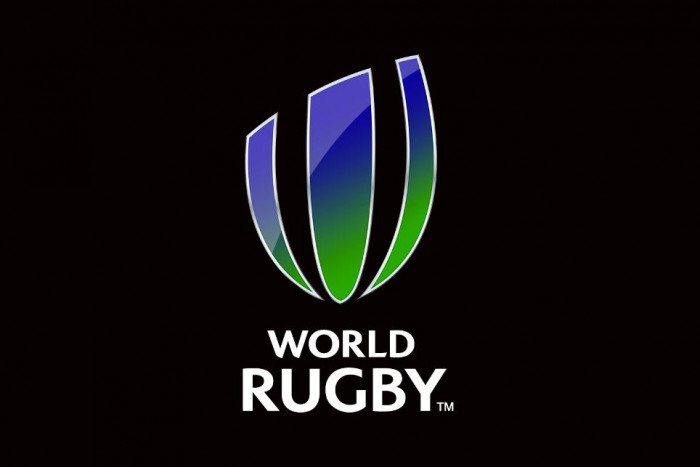Our View: World Rugby’s voting panels
We give our view on World Rugby's recent voting panel announcement for the Women's 15 Player of the Year award.
Published by Alison Donnelly, October 22nd, 2018
5 minute read

In announcing the eight-person panel to decide who this year's Women’s 15s Player of the Year is, World Rugby have offered a sharp reminder that while the game's governing bodies have come a long way, sometimes old habits die hard.
The full list sees Maggie Alphonsi join Fabien Galthié, George Gregan, Richie McCaw, Brian O’Driscoll, Agustín Pichot, John Smit and Clive Woodward in making the call on who the best women’s player on the planet has been in 2018.
Alphonsi apart, it is blatantly implausible that any of the other seven names have either seen a single women’s game in full over the past year, or could intelligibly discuss the merits of the best women’s players on the circuit without someone else's notes or a highlights reel.
There is not even a pretence of gender balance on the panel (who will also decide numerous other awards); but there is a lot there in telling us what it says about how World Rugby view an award which has hardly been uncontroversial in the past, as least on this website.
Some disclosure first.
We have long questioned both the process in which World Rugby decides its women's award winners and the final decisions that have been made on both the shortlist and the winners themselves.
Notwithstanding that player awards are subjective, our bemusement at some of these in years gone by - where many clearly outstanding players were not even considered- led us to launching our own annual end of year awards many years ago, taking a view that having usually watched the vast majority of test games in any given calendar year, we probably could do it in a fairer and better way ourselves.
Of course it shouldn't be like this, but since this site was launched in 2009, we have long pointed out the oddities and unequal status of these awards until great improvements were made in recent years, including asking players and coaches to play a role in determining the nominees.
Back then, there wasn't even a specific women's player award - there was a "Women's Personality" award which was split between players who should instead have been awarded a Player of the Year award (such as Debby Hodgkinson in 2009) and administrators who were well deserving of an award (such as Ruth Mitchell in 2011) but who should have been considered in other categories designed to celebrate long and distinguished service per the men’s game. Panellists were forced to choose just one name, with many deserving women’s players missing out, while the men’s game mopped up numerous other awards across a variety of other categories.
Finally in 2012 we got a "Women's Player of the Year" - an accolade that had to choose between the best sevens and 15s players all in one go with the women’s game still just getting one award.
By 2014 we finally had an individual award for both, alongside which, women were also now finally being named in the Hall of Fame for the first time - something else we had long been lobbying for here.
But there have always been issues with the panels chosen to determine the winners with World Rugby preferring to use tried and tested game names, as we see today, rather than do what they do for other specific awards (for example the breakthrough player award) and accept that probably there are people with expertise they should seek out.It has led to some highly curious shortlists and winners over the years not entirely fairly reflecting the year that has just passed though thankfully players and coaches now have a say in determining the shortlist.World Rugby would, we assume, point out that now, players and coaches also have a say on the final decision, but it should be alongside a panel full of knowledge and insight on the women's game, not a group of famous rugby names who will be taking their direction from elsewhere.
World Rugby have made some strong progress across a wealth of areas in recent years, but a culture that would ensure that seven people who know nothing about the women’s game are asked to make major decision about it still prevails, and that should frustrate all of us.